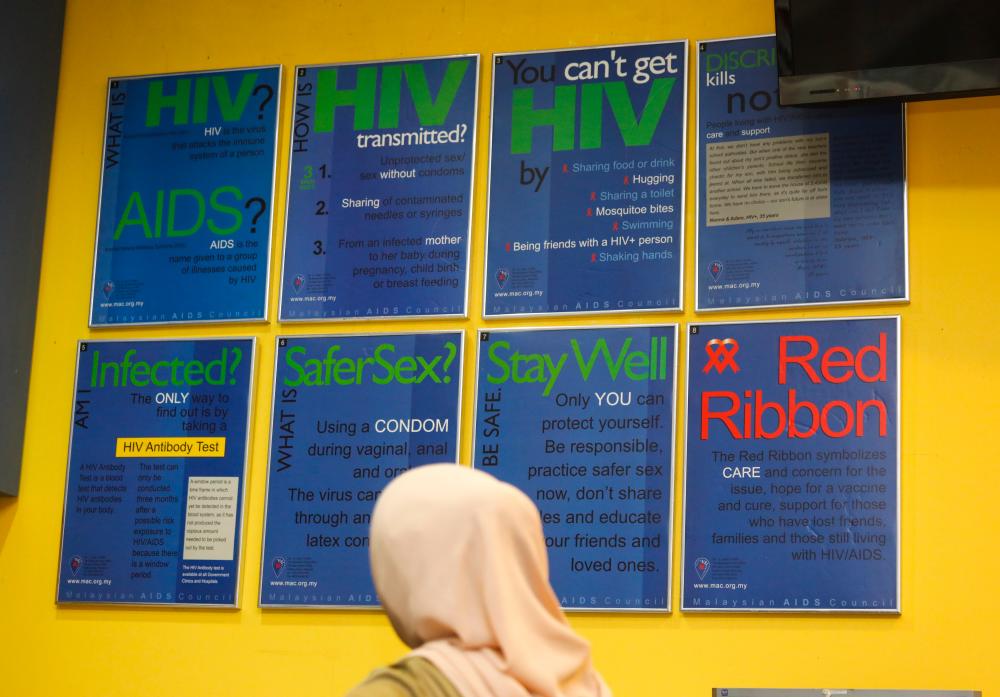KUALA LUMPUR: The Wistar Institute’s associate professor Mohamed Abdel-Mohsen, along with his team and collaborators, has identified sugar abnormalities in the blood that may promote biological ageing and inflammation in people living with HIV (PLWH).
The findings, taken from a large data study comprising more than 1,200 participants, are detailed in the new paper, “Immunoglobulin G N-glycan Markers of Accelerated Biological Aging During Chronic HIV Infection”, published in the journal Nature Communications.
According to a statement, Abdel-Mohsen seeks to understand how chronic viral infection causes this accelerated biological ageing, which refers to the body ageing faster than one’s chronological years would typically indicate.
By understanding the molecular mechanisms behind accelerated biological ageing in people living with chronic viral infections, scientists can begin to formulate strategies to mitigate the negative effects.
Abdel-Mohsen said utilising glycan signatures to predict early onset of diseases in people living with HIV marks a pivotal shift towards proactive healthcare.
“This could significantly alter clinical outcomes, allowing for timely interventions and personalised treatment plans. The impact on treatment and management in the HIV community could be revolutionary.
“Beyond biomarkers, antibodies glycoengineered to mimic biologically younger glycans offer a new therapeutic avenue. This method could enhance immune responses, paving the way for innovative treatments,” he added.
Abdel-Mohsen’s research investigates whether living with a chronic viral infection, such as HIV infection, exacerbates these changes, leading to premature ageing and related diseases.
By comparing glycan profiles in over 1,200 individuals, both with and without HIV, the team discovered that PLWH exhibit elevated levels of inflammatory and pro-ageing IgG glycan signatures.
In a remarkable step forward, the team developed a machine-learning model that uses these glycan signatures to estimate the biological age of PLWH and assess the rate of ageing acceleration. This glycan signature also has the potential to predict the onset of comorbid conditions in PLWH, such as cancer, years in advance.-Bernama











